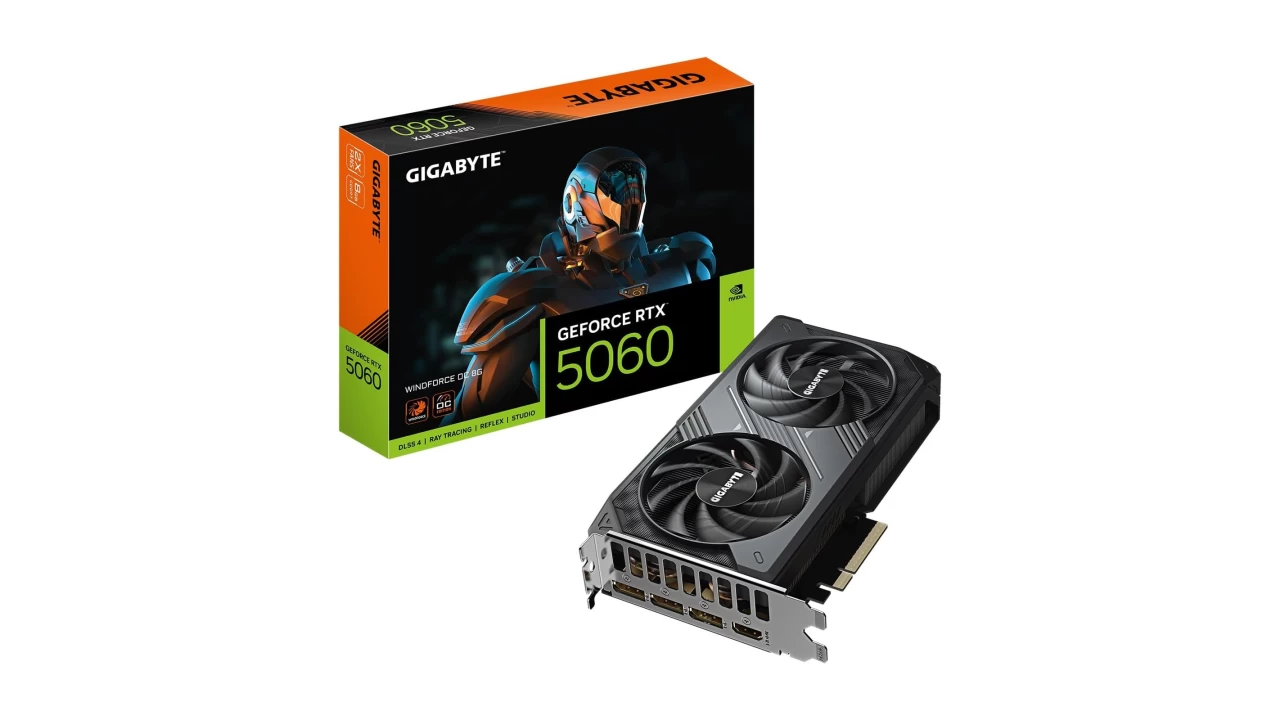UPDATE: South Korea’s National Pension Service (NPS), the world’s third-largest pension fund managing over $910 billion in assets, has just announced its support for Tesla CEO Elon Musk’s groundbreaking $1 trillion pay package. This decision comes ahead of a critical shareholder vote scheduled for Thursday, as global investors express sharply divided opinions on the controversial compensation plan.
In a disclosure filed Wednesday by its investment arm, NPS Investment Management, the state-run fund confirmed it will vote in favor of the proposed 2025 CEO performance award plan. NPS holds approximately 0.18% of Tesla’s shares and has not disclosed specific reasons for its backing of Musk’s ambitious pay structure.
The vote places South Korea’s largest institutional investor at odds with several global heavyweights, including Norway’s sovereign wealth fund. Global advisory firms ISS and Glass Lewis have called for shareholders to reject Musk’s deal, labeling it “excessive” and misaligned with shareholder interests.
Tesla’s shareholders are set to make a momentous decision on Thursday (US local time) that could allow Musk to receive 424 million additional shares if all performance targets are met. Approval would raise his ownership stake from 15% to approximately 25%. Musk’s pay plan is structured into 12 tranches of stock, linked to aggressive operational and market-cap milestones.
The initial market-cap target for Tesla is set at $2 trillion, escalating to $8.5 trillion by 2035. This ambitious goal far exceeds Tesla’s current valuation of around $1.5 trillion. To unlock the entire package, the company must also achieve significant operational goals, including ramping up electric vehicle production and expanding subscriptions for self-driving software.
Critics, however, argue that Musk’s proposed compensation consolidates too much power and sets unattainable financial benchmarks. Norway’s Norges Bank Investment Management has already voted against Musk’s pay package, citing concerns over its size and the potential dilution of shareholder value.
In its recent filing, NPS also stated it would oppose a proposal allowing Tesla to use company funds to invest in Musk’s AI firm, xAI, questioning whether it would truly enhance shareholder value. Additionally, NPS plans to reject various other proposals, including the addition of sustainability metrics to executive compensation, arguing they don’t directly address issues that could harm shareholder value.
Supporters of Musk’s pay plan, such as Baron Capital, which holds 0.4% of Tesla, argue that Musk’s innovative leadership is integral to Tesla’s long-term success, urging shareholders to approve the plan.
As Tesla prepares for the decisive vote, the stakes are incredibly high, with Musk’s total award potentially becoming the largest CEO compensation package in corporate history. Shareholders and global investors alike are closely monitoring the outcome, which could reshape executive pay standards across the corporate landscape.
Stay tuned for further updates as this story develops.







